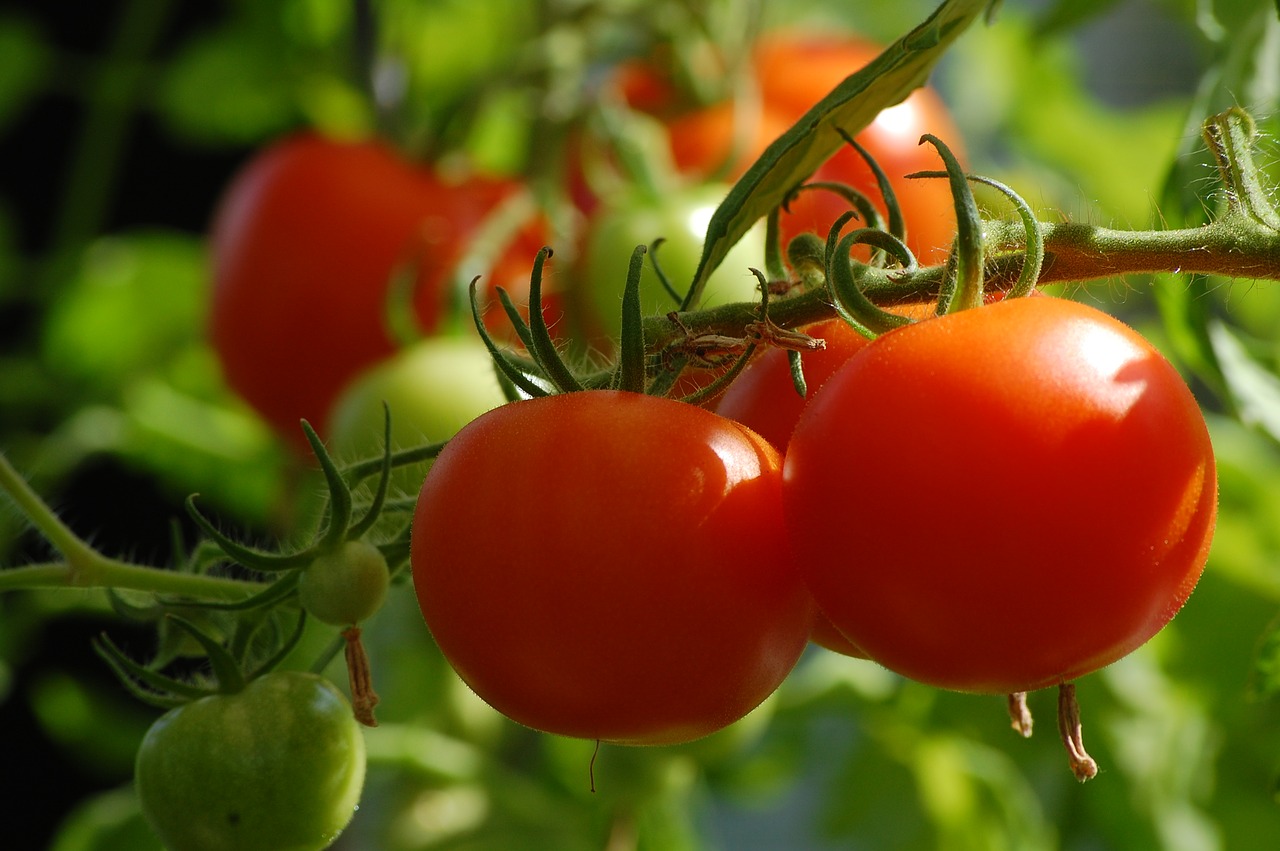NEW
The improvement and differentiation of the Basque tomato aim of the new project led by NEIKER
1 February 2016The improvement and differentiation of the Basque tomato aim of the new project led by NEIKER
En el marco del congreso anual que se está celebrando en Gante (Bélgica), la Dra. Eva Ugarte, directora de Innovación y Tecnología de NEIKER, ha sido reconocida con el Distinguished Service Award por la European Federation of Animal Science (EAAP).
The Basque Institute for Agricultural Research and Development, NEIKER-Tecnalia, a public company of Economic Development and Competitiveness Department of the Basque Government has launched the Traditom project, which aims to select and genetically identify best traditional varieties of tomatoes Country Basque.
This initiative seeks to add value to local products and provide farmers with a tomato of high quality and high productivity and culinary value, in order to meet the growing demand for traditional varieties tomatoes. The technology specialists center will investigate the collection of traditional Basque tomatoes preserved in the genebank of NEIKER-Tecnalia.
Consumers are increasingly opting for close, genuine and authentic flavor vegetables, but producers can not always meet this demand. This is because the traditional varieties have a number of problems, for which NEIKER-Tecnalia is looking for a solution. The first is that each of these varieties was highly variable in external appearance, sensory quality and productivity. In addition, they are not particularly resistant to the most common and important diseases, such as viral infections.
NEIKER researchers seek a solution to these problems through genetic selection of the best Basque traditional varieties. The selection will take place bearing in mind the main parameters such as organoleptic quality and consumer acceptance. Genetic characterization will also allow to define each variety concretely , making it possible to distinguish in an effective and practic way of other traditional or commercial varieties that present similar morphological types.
Disease resistance will be another parameter to be taken into account when selecting the genetic material. Specifically, the incidence of the two main pathogens of tomatoes will be investigated, such as the Tomato Mosaic Virus (ToMV) and the fungus Phytophthora infestans, which limit their profitability.
Differentiate tomato and prevent unfair competition
Identification and characterization of varieties opens the way to create their own distinctive quality as Labeled product or Geographical Protected Indication. These badges will allow to distinguise the commercial offer of these tomatoes and highlight its most unique and appreciated features, avoiding at the same time unfair competition and making it easier for consumers to identify.
The selection and breeding of Basque tomatoes mean for farmers the opportunity to have a quality product demanded by the market, which will result in plant breeding and the competitiveness of local agriculture. Likewise, the cultivation of these varieties contributes to environmental friendliness, biodiversity and ensures that future generations can enjoy quality local products.
Traditional varieties of success
Current consumer trends, supported by movements such as Slow Food, Locavorismo and Food Miles, and the rise of gastronomy based on local products of high culinary value are an important business niche for farmers that are committed to traditional varieties. Currently, they have burst onto the market tomato varieties as ‘Valenciana’ (Valencia), ‘Montserrat’ (Catalonia), ‘Rosa de Barbastro’ (Aragon) and Aretxabaleta (Basque Country).



